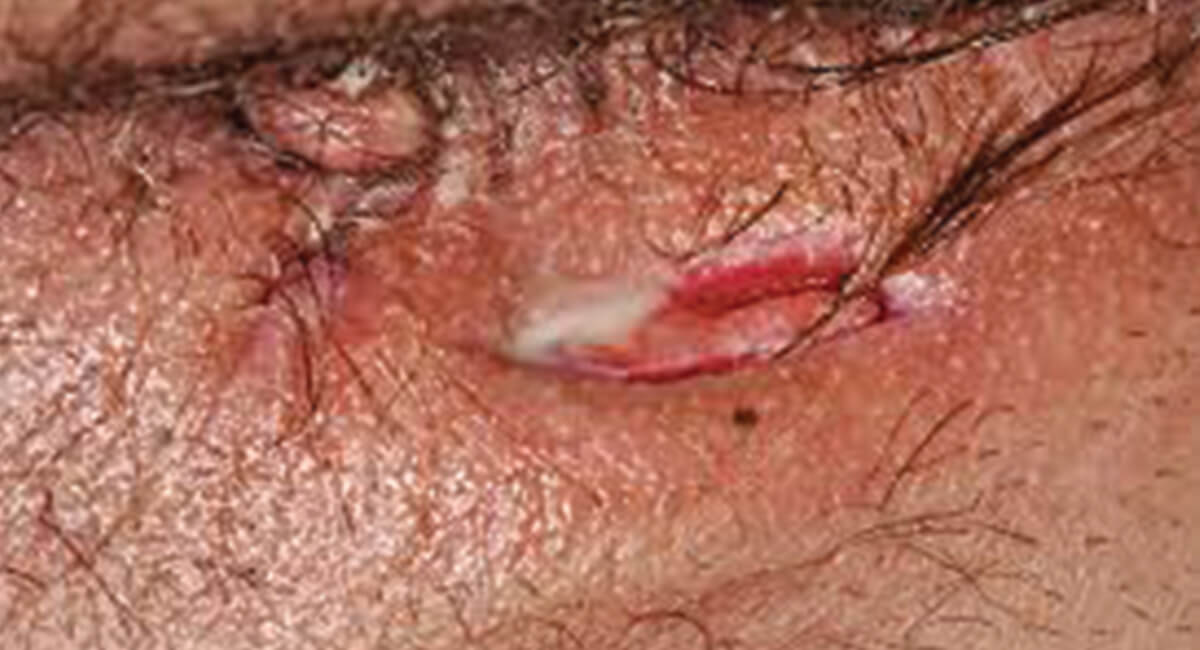
Introduction
Anal Abscess or a perianal abscess is a medical condition of the digestive system wherein you develop pus near the anus. It arises due to infection in the anal glands. It appears as a boil near or around the anus. Approximately half of the patients develop a fistula, a channel formed by the boil towards the skin leading to persistent drainage. Surgery has been encouraged as the only resolve for such conditions. Perianal abscess surgery in Bangalore is done at Smiles Gastroenterology by specialist surgeons.
The drainage of the abscess forms the channel. The channel developed by the fistula originates at the end of the bowel and the skin. You must visit your doctor immediately if you develop symptoms of an anal abscess or an anal fistula. Further tests such as a physical and rectal examination alongside, a colonoscopy are performed to confirm the condition. Depending on the condition, perianal abscess treatment in Bangalore at Smiles Gastroenterology is recommended.
Request an Appointment at Smiles
What Are the Symptoms of Perianal Abscess?
- ● Painful bowel movements
- ● Constipation
- ● Chronic pain during sitting, walking and coughing
- ● Smelly discharge from he anus
- ● Losing control over bowel movements
- ● High temperature during an abscess
- ● Skin irritation around the anus
- ● Blood and pus discharge
What Causes Perianal Abscess?
- ● Anal fissure or a tear that gets infected
- ● Sexually transmitted infections
- ● Blocked glands of the anus.
How is Perianal Abscess Diagnosed?
- ● Clinical evaluation. Your doctor would perform a rectal and physical assessment to confirm the presence of an abscess or a fistula.
- ● Ultrasound
- ● Magnetic Resonance Imaging (MRI) scan.
- ● Computerised Tomography (CT) scan.
- ● Colonoscopy.
- ● Proctoscope – An instrument that is much like the telescope but with an addition of light at the far end to help better look into your anus.
Your doctor would perform these tests to rule out other disease conditions such as inflammatory bowel diseases, rectal cancer, sexually transmitted disease and diverticular diseases.
How is Perianal Abscess Treated?
- ● As in most cases, your doctor would suggest proceeding for surgery to prevent the eruption or drainage of the abscess.
- ● Superficial abscesses can be drained by the doctor using a local anesthetic, abscesses that present deeper within the anus would require hospitalization.
- ● Post-surgery, your doctor would prescribe you pain relievers and antibiotics in some cases depending on the individual’s health.
- ● Fistulas could take months or years to occur but develop four to six weeks after the draining of an abscess. Therefore, surgery for the fistula or an abscess is different and is conducted separately.
- ● Post-surgery, you would feel only mild discomfort and pain, quickly relieved with the appropriate pain killers’ intake.
- ● The recovery from this surgery is also quick, and you can return to your daily activities in a short period.
What is the Result of Perianal Abscess Treatment?
Are there any risks of surgery in Perianal Abscess?
- ● Infection. It is taken care of by the course of antibiotics.
- ● The occurrence of anal fissures. It may occur in general or if the fistula has not healed correctly.
- ● Recurrence of the abscess
- ● Scarring
- ● Bowel incontinence. Although rare, involuntary defecation is a risk post-surgery
Therefore, it is advised to regularly check-up with your surgeon and your doctor post-surgery to discuss your conditions and continue treatment.
Request an Appointment at Smiles
FAQ's
What Happens if a Perianal Abscess is left Untreated?
- ● Increased swelling in the area
- ● Anal fistula
- ● Increased pain while passing stools
- ● Bleeding from the anus
- ● Difficulty in walking or sitting
- ● Stretched skin
- ● Increased risk of infections
- ● High fever and chills
What Foods Should you Avoid if you have a Perianal Abscess?
- ● Foods that contain a high amount of salt
- ● Foods that contain a high amount of sugar
- ● Processed foods
- ● Coffee, tea, or other caffeinated drinks
- ● Excessive alcohol
- ● Processed meats
How can One Prevent the Recurrence of Perianal Abscesses?
- ● Limit your intake of sodium
- ● Avoid wearing tight-fitting clothes
- ● Exercise regularly
- ● Avoid cleaning the area with toilet paper
- ● Take a sitz bath in warm water
What Happens if a Perianal Abscess Bursts on its Own?
How Long does it take for a Perianal Abscess to Heal After Drainage?
Need Help?
For any Information about our Locations, Doctors or Treatments.
